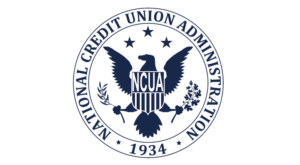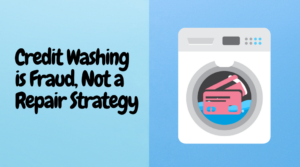Are you considering taking out an auto or a personal loan? If so, it’s essential to understand the implications of cross-collateralization.
What is Cross Collateralization?
Cross collateralization is a practice commonly used by lenders, especially in certain types of loans, such as car loans. It involves using multiple assets as collateral for a single loan. While this may seem like a convenient option, it’s crucial to understand the potential risks and consequences it might bring.
Credit unions typically use cross-collateralization more frequently than traditional banks, often including such clauses in their loan agreements, which means that a single asset like a car can be used as collateral for multiple loans, and even credit cards, with the credit union. This practice is less common with traditional banks.
How Credit Unions Practice Cross Collateralization
If a borrower misses a loan payment, the credit union will typically withdraw the payment from the borrower’s deposit accounts, which serve as collateral for the loan.
If the deposit accounts have insufficient funds, the credit union will initiate collection efforts, such as contacting the borrower and potentially sending a notice of possible repossession of other collateral, such as a car, to satisfy the debt.
Cross Collateralization Can Lead To Car Repossession
Here are examples of how cross-collateralization can be used:
- Missed payments on unrelated loans: Even if you’re diligently paying off your car loan, missing payments on a cross-collateralized loan (like a credit card) can trigger car repossession. The credit union sees all these loans as connected, and they have the right to seize your car to cover the other debts.
- Defaulting on the other loan: If you default on the other loan that’s cross-collateralized with your car loan, the credit union can repossess your car to cover the defaulted loan, even if your car payments are up-to-date.
Example:
- You get a car loan and a credit card from the same credit union.
- The credit union’s policy includes cross-collateralization.
- You miss several credit card payments.
- Even if your car payments are current, the credit union can repossess your car to cover the missed credit card payments. And, it’s more difficult to recover credit scores after a car repo than to recover scores after late payments.
How to Avoid Cross-Collateralization
It’s nice to have a good banking relationship with your financial institution. Having all your loans and other banking products in one place makes sense. But watch-out for the old adage:
“Don’t put all your eggs in one basket.”
Most traditional banks have a cross-collateralization clause in loan agreements. The difference is they choose not to use it.
But at credit unions it’s pretty much standard operating procedure to enforce the cross-collateralization clause.
Credit unions are generous on their loan terms often extending credit to members with less than perfect credit histories while still offering decent rates and terms. Credit unions will extend loans when a traditional bank will not.
But when it comes to financial loss, a credit union can be harsh because they’re member-owned, not-for-profit financial cooperatives. A financial loss can have an impact on all credit union members.
The cross-collateralization clause is designed to reduce the risks associated with lending. It’s a clause in most credit union loan agreements. Don’t be shocked when the credit union pulls enforces it. Read all the fine print whenever you plan to take out a vehicle loan at a credit union.
Credit Union Members Should Diversify
If your vehicle loan is with a credit union make sure that’s your only loan at that institution to avoid being trapped by cross-collateralization.
Open credit cards at a bank or credit card issuer other than theat credit union. Of course you don’t plan on defaulting on any type of loan but just in case there’s a financial hardship you won’t experience the shock of having your vehicle repossessed to pay your credit card or other debt.
Bottom Line
It’s crucial for borrowers to consult with a legal professional before entering into a cross-collateralized loan agreement. An attorney can help navigate the legal complexities, identify potential risks, and ensure that your rights and interests as a borrower are protected.


















